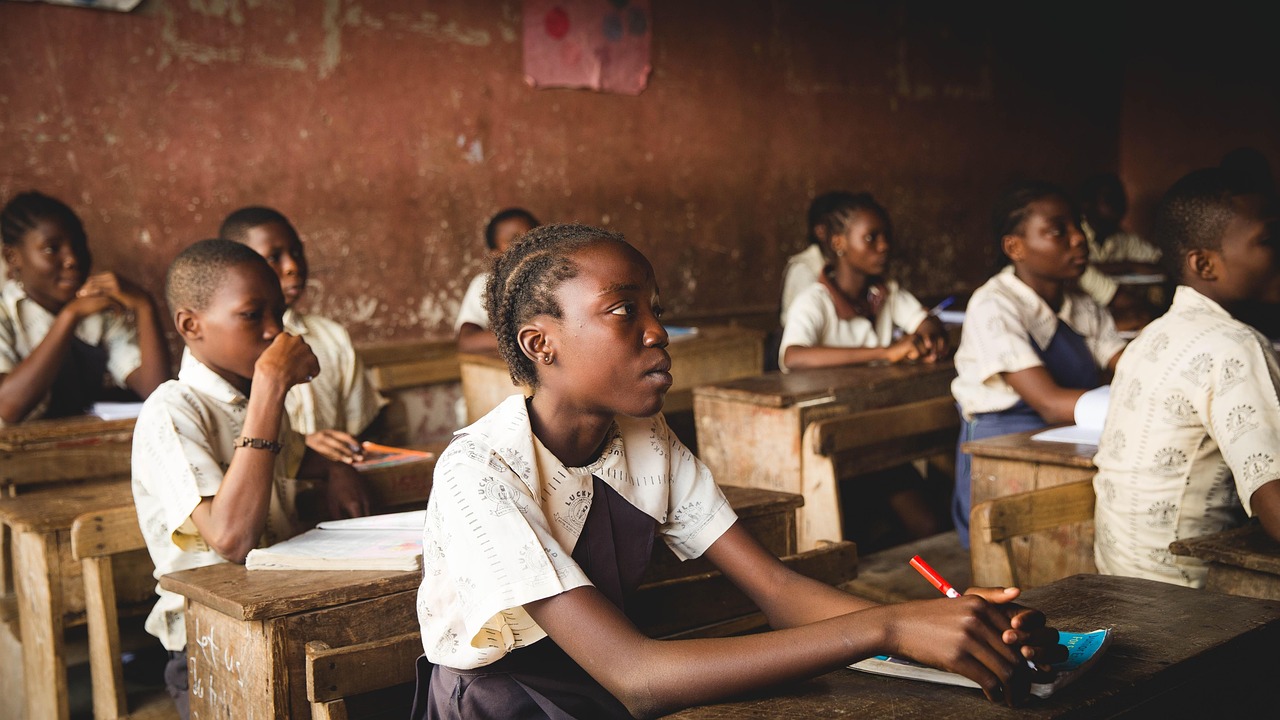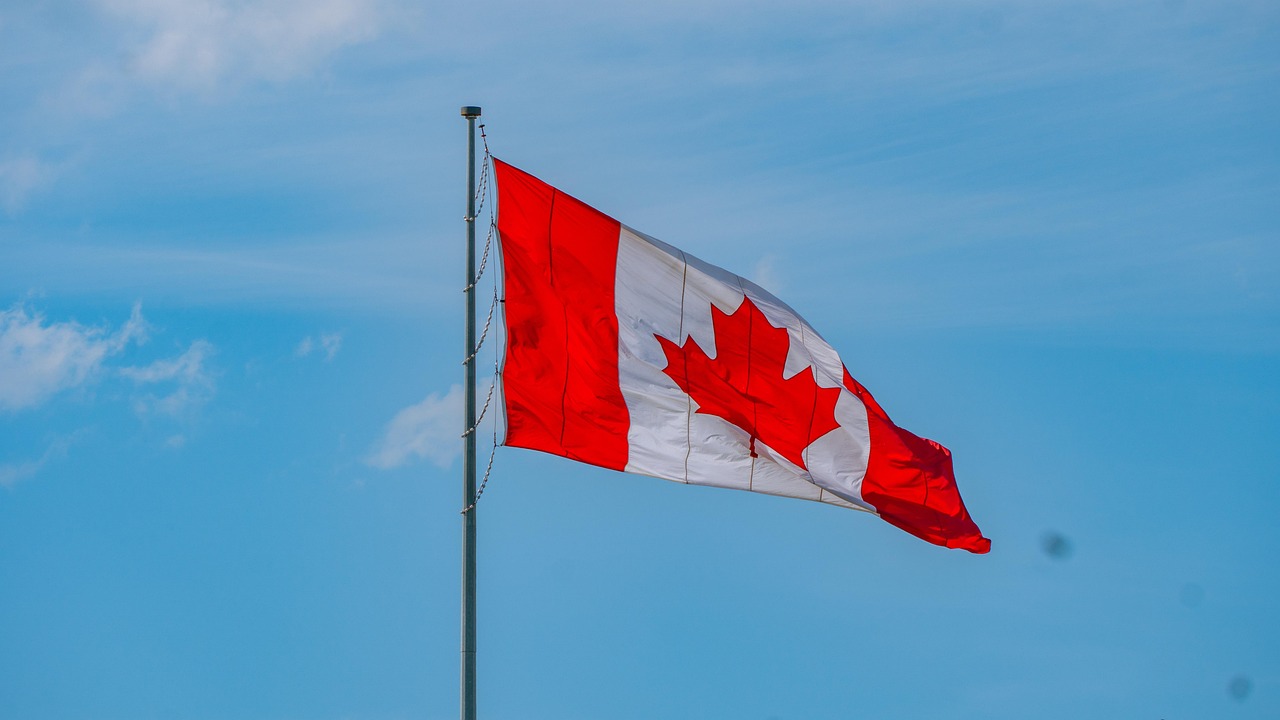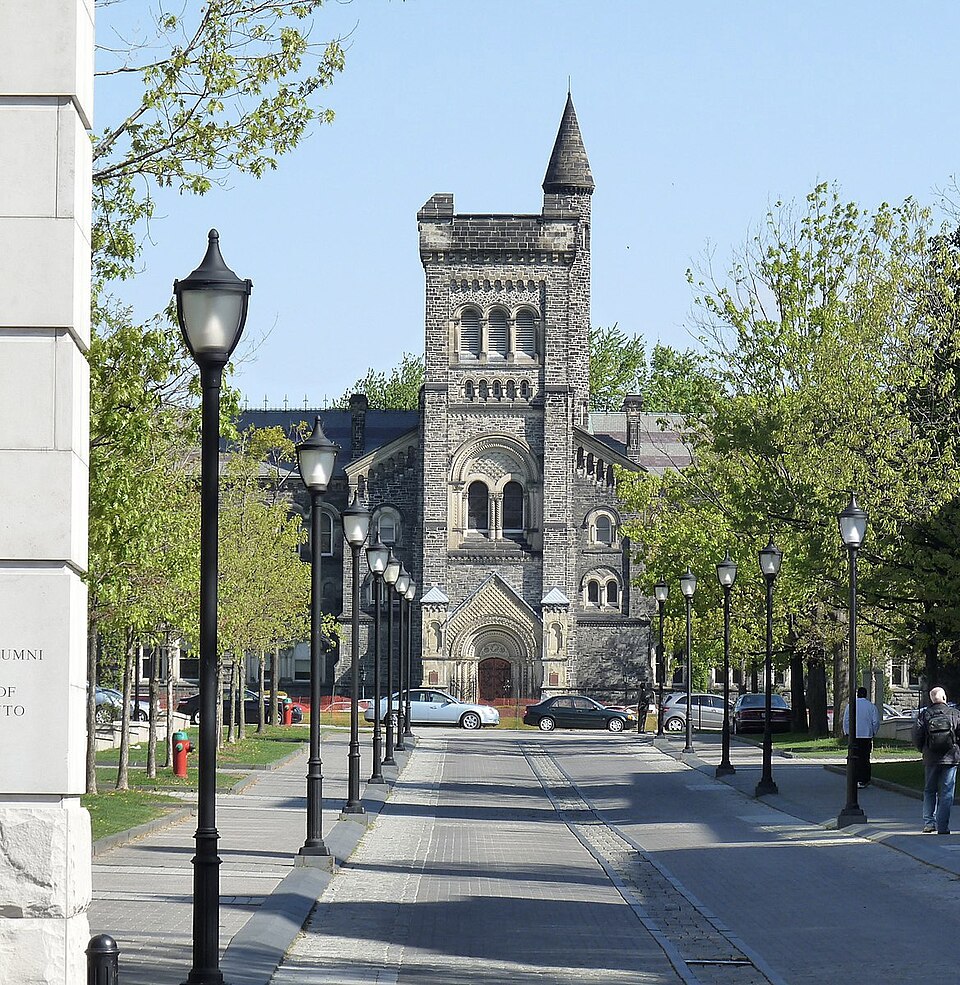


Are you sure you want to reset the form?
Your mail has been sent successfully
Are you sure you want to remove the alert?
Your session is about to expire! You will be logged out in
Do you wish to stay logged in?

Community participation is vital in shaping successful education systems, whether that’s at a local, national, or even international level. Community is ‘the basis of human experience and the identity of the self as a social being,’ Izhar Oplatka writes, and as a result it is ‘useless to propose educational initiatives that are detached from the cultural and social worlds of the community.’This Topic in Focus explores how communities both create and are created by the education systems they reside with, as well as the socio-political responsibility that comes with this.
Read Eve Cobain and Leah Dowdall’s chapter on feminist community education groups and climate action.
Read Stephen James Minton’s introductory chapter 'Setting the Scene' from Residential Schools and Indigenous Peoples: From Genocide via Education to the Possibilities for the Processes of Truth, Restitution, Reconciliation, and Reclamation.
Read Linda Mitchell’s article on community involvement and public engagement in early childhood education in New Zealand.
Read Lynn Ilon’s chapter on the social value of learning.

Canada has made international news for the purported strengths of its educational achievements. On international educational achievement tests, like the Program for International Student Assessment (PISA), Canadian students have most recently finished in the top ten of these rankings. Education is largely controlled at the provincial and territorial levels, making each of Canada’s ten provinces and three territories responsible to oversee a public education system that meets the needs of their respective residents. As a result, Canada is the only industrialized country without a national office or department of education. Over the past 30 years, higher education institutions in Canada have experienced a remarkable increase in enrolment, including participation from a diverse and growing student population.

Indigenous education in Canada is a complex and contested field filled with difficult questions and issues but also characterized by resilience and hope. Evidence of positive change, a turning tide, promises a different educational future for the coming generations of Aboriginal people in Canada. Calls to change Aboriginal education in Canada started when the landmark paper “Indian Control of Indian Education”was released in 1972 by the Assembly of First Nations over 40 years ago, and in 1991 the Royal Commission on Aboriginal People also made many worthy and important recommendations about improving the education of Aboriginal students in Canada, with changes gradually starting to take place.

International faculty have always played an important role in Canadian higher education, with international faculty bringing global perspectives, ways of thinking, and expertise to Canadian campuses. They help in both bringing Canadian institutions into, and promoting them within, international research networks and collaborations, and are an integral component of universities’ internationalization strategies. It is estimated that non–Canadian-born university teachers make up approximately 40 percent of the faculty workforce in Canada, yet surprisingly little is known about this population. National-level faculty breakdowns by citizenship at the time of recruitment do not exist, and Canada’s immigration policies have always tended to favor naturalization of highly skilled immigrants, therefore continually augmenting the number of Canadian faculty members.
View our previous Topics and Countries in Focus here.
Join the Bloomsbury Education and Childhood Studies community and receive updates in our monthly newsletter. Subscribe here.
If you’ve enjoyed this taster of what Bloomsbury Education and Childhood Studies has to offer, why not let your librarian know about it? Recommend it to your librarian here.